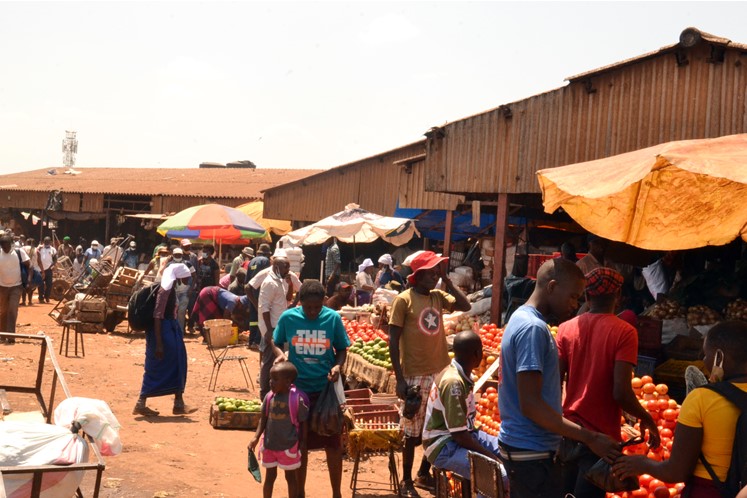Introduction
Across Africa, it has become common practice for large-scale infrastructure projects to be decided and implemented by government departments, engineers and architectural designers without fully involving social scientists. Such projects include road construction, dam construction, residential housing and urban shopping malls. By not taking social science into account, social consequences of these projects and related policies are poorly understood leading to either these projects being underutilized or completely rejected by intended users and ordinary citizens. The prevailing view is that money can compensate for any adverse impacts. For instance, there is minimal concern for social impacts of displacing people’s markets as long as comparable sheds could be located elsewhere. This process does not consider the value people attach to their communities, territorial markets and neighbourhoods as well as long-standing social networks that form the basis of support both for daily living and during periods of extreme shocks and hardship.

The value of conducting Social Impact Assessments
Following a fire incident that burnt down the iconic Mbare retail market in Harare on 8 October 2024, affecting more than 5000 traders and their families, the President of Zimbabwe, His Excellence E.D Mnangagwa promptly declared the fire incident a National Disaster. This was in recognition of this market’s value to affected traders and the whole nation. Through the Ministry of Local Government and Public Works, the government, in collaboration with Harare City Council, started mobilizing resources to reconstruct the market. The government identified a renowned construction company, Masimba Holdings, to begin constructing a temporary market across the road where the 5000 affected traders would be relocated to allow for rebuilding of their market. An announcement was made by the Ministry of Local Government and Public Works that the new retail market to be built will be a 3-storey building for 10 000 traders – double the original number of traders.
Sensing that the social impact of this noble development might have been overlooked, Knowledge Transfer Africa/eMKambo conducted a quick social impact assessment of building a new market for 5000 traders in an ecosystem dominated by other markets, residential areas, a long-distance bus station and several other developments. Basically, social impacts refer to the consequences to human populations of any public or private actions that alter the ways in which people live, work, play, relate to one another, organize to meet their needs and generally cope as members of society. The term also includes cultural impacts involving changes to the norms, values, and beliefs that guide and rationalize people’s cognition of themselves and their society. Through dialogue with market leaders, affected traders, consumers, Mbare residents, transporters, food caterers, vendors and other stakeholders, the social impact assessment sought to understand and estimate, in advance, the social consequences that are likely to follow from rebuilding Mbare retail market that has existed for more than 50 years.
The new market structure should not destroy the old market’s historical flair
Mitigation measures
In the context of social impact assessment, mitigation includes avoiding the impact by not taking or modifying an action; minimizing, rectifying, or reducing the impacts through the design or operation of the project or policy; or compensating for the impact by providing substitute facilities, resources, or opportunities. Ideally, mitigation measures are built into the selected alternative, but it is appropriate to identify mitigation measures even if they are not immediately adopted or if they would be the responsibility of another person or government unit.
While acknowledging the government’s commitment to improve their livelihoods through better infrastructure, the affected traders who participated in the social impact assessment indicated that it is not too late to do things the right way especially if the traders and other stakeholders are given a platform to add value to some of the decisions done in their favour without being consulted. Had the traders and stakeholders been consulted, the government would not have assumed that a market can have 10 000 traders and function properly and viably. Some of the proposed mitigation measures include:
Conclusion
The fact that in most African countries, social impact assessments are often not conducted explains why social consequences of major projects are rampant. Rather than arguing with local authorities and policy makers, traders simply resort to their own alternatives, leaving large buildings abandoned as white elephants. While government planners and decision makers tend to prioritize economic considerations, equally critical are social considerations including direct effects, indirect effects as well as aesthetic, historic, cultural and health factors, among many others including intended and unintended consequences of noble courses of action or interventions.
Charles@knowledgetransafrica.com / charles@emkambo.co.zw /
Website: www.emkambo.co.zw / www.knowledgetransafrica.com
Mobile: 0772 137 717/ 0774 430 309/0712737430
